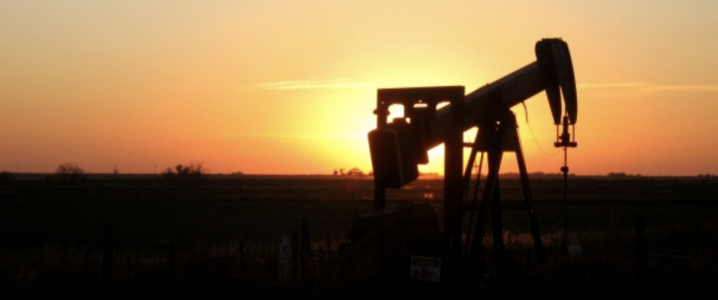In what some saw as a sign of OPEC’s growing irrelevance in the world of oil, Venezuela’s Oil Minister Manuel Quevedo will take the helm of the cartel beginning next month for a year. In an analysis of the situation, the Wall Street Journal’s Benoit Faucon and Kejal Vyas argued Quevedo’s appointment could be the spark that starts an explosion in the cartel.
Although Quevedo, a former general, said he will seek stability, “a deal that is fair to everyone” and comes in response to oil fundamentals rather than politics, expectations are not very high.
There are internal tensions in OPEC that became painfully obvious in the days ahead of the Vienna meeting that took place yesterday. Some OPEC members are angry with the de facto leader of the group, Saudi Arabia, who has been getting cozy with Russia over the last two years, raisin suspicions it is putting its own interests above the cartel’s.
What’s more, co-members of OPEC believe Riyadh bowed to Washington when it started pumping more in July, after President Trump accused OPEC of artificially keeping prices high. Now, thanks to this record-high production, prices are down once again and OPEC needs to begin cutting again. But not all members can afford it and Venezuela is one of them.
The South American country’s oil production has slumped to 1.2 million barrels daily, down by some 29 percent over the past 12 months, which coincides with Quevedo’s tenure as minister and stands in contrast to efforts by Caracas to reverse the decline and increase production by 1 million bpd by the end of the year. Since it is already December, the chances of this happening are slim to none.
Related: The Saudi Dilemma: To Cut Or Not To Cut
Quevedo’s background and the government he represents are seen by some analysts as a problem in their own right, then. Caracas is at odds with Washington, which recently again started talking about sanctioning crude oil exports to the United States. But OPEC’s leader is cozy with Washington, so there is certainly space to speculate about various national interests clashing within the cartel.
What makes the situation particularly challenging, however, is what looks like a growing feeling that OPEC is becoming irrelevant. Earlier this year the United States, Russia, and Saudi Arabia all hit new records in production, with the United States emerging as the top producer, at a daily rate of 11.7 million barrels, Russia pumping 11.4 million bpd, and Saudi Arabia producing 11.02 million bpd. These three, in other words, account together for about a third of global oil production, which is this year seen by the EIA at 100.09 million bpd.
Some smaller OPEC members have, unsurprisingly, begun feeling a little left out of the big picture in this situation. Qatar’s decision to leave the cartel after almost six decades as a member came as a shock at the beginning of this week, despite the fact it is a small oil producer. The country’s finance minister said the decision was motivated by a focus on growing natural gas production, but it did smack of leaving a sinking ship.
It’s highly unlikely that any OPEC president could resolve the internal divide in OPEC. With a president who represents one of the more disgruntled members of the cartel at the helm, the future of the group becomes even more uncertain.
By Irina Slav for Oilprice.com
More Top Reads From Oilprice.com:
- Iran Threatens To Close Key Oil Choke Point
- Is This The Beginning Of The Next Bull Run In Oil?
- OPEC Oil Exports Jump Ahead Of Meeting



















Also, Maduro recently stated that all 2019 oil sales will be paid for in Petros. Perhaps he does not realize that his largest cash customer, Citgo, is barred by US law from using the Petro.
And, then, just to show that the lunatics are really running the asylum, the LA development bank CAF is going to give VZ a $500M loan to pay off the past due VZ $400M loan that they are technically in default upon. Oh, and no bad debt reserves have been set up by CAF for any of this.
It really is hard to make thus stuff up, but they just keep doing it.